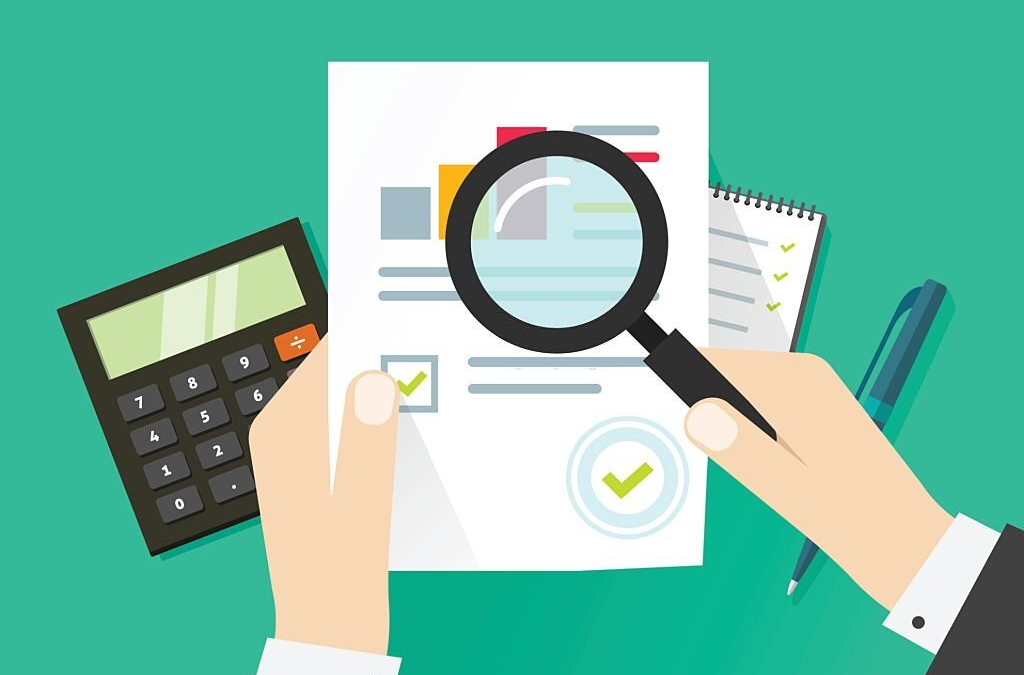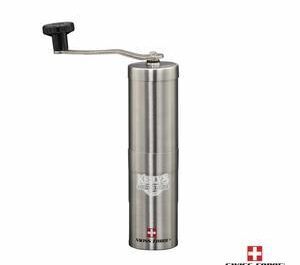A reverse audit is a process that helps to improve the safety and security of a company’s systems. It’s also known as a vulnerability assessment, and it’s one of the most important steps in safeguarding your company’s data.
The goal of a reverse audit is to identify all the ways in which your company’s systems can be compromised, and to make sure that they’re up-to-date and secure. This includes everything from network security to software vulnerabilities.
Reverse audits are often used to create an inventory of your system assets, so you can see which ones are most vulnerable and take appropriate action to protect them. You can also use the results of a reverse audit to develop better security policies for yourself and your team.
There are several factors that you need to consider when conducting a reverse audit:
– The type of system you’re assessing
– The level of risk involved
– The time constraints you have
– The resources available to you
How does a tax consultant help with reverse audit?
A tax consultant can help with reverse audits by providing guidance on how to properly file your taxes, as well as advice on which taxes you may be liable for. They can also help you identify any tax loopholes that you may be able to use to reduce your tax burden.
In addition, they can provide counsel on how to prepare for an audit, and help you resolve any issues that may arise during one. If you’re concerned about getting caught during an audit, then consulting with a reputable tax consultant is a good way to ensure your safety and keep your finances safe and secure.

Conclusion:
In this article, we discussed how you can take a reverse audit to avoid the penalties and fraud. If you are ready to go through one of these audits, keep the above-mentioned tips in mind and get prepared for it.
Related posts
Hot Posts
Kream Live Resin Disposable: The Ultimate Convenience in Cannabis Consumption
In the evolving world of cannabis products, Kream Live Resin Disposable vapes have emerged as a game-changer for enthusiasts seeking…
Understanding The Top Challenges With Asset And Inventory Counts
Do you run a retail store, warehouse, manufacturing business, restaurant, pharmacy, or technology firm? If yes, then there’s a big…
Best French Press: The Perfect Addition to Your Kitchen Accessories
When it comes to enhancing your coffee-making experience, the Best French Press stands out as a must-have in your…
Enhancing Your Home with Bamboo Wood Stain and Vinyl Siding Restorer
In the realm of home improvement, the significance of selecting the right materials and finishes cannot be overstated. Among the…





